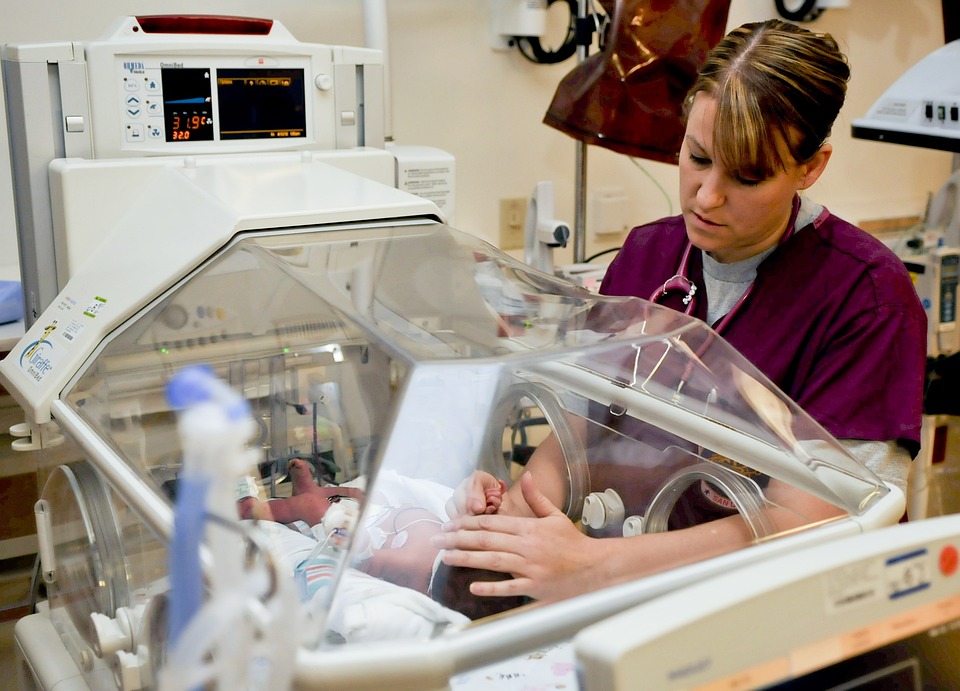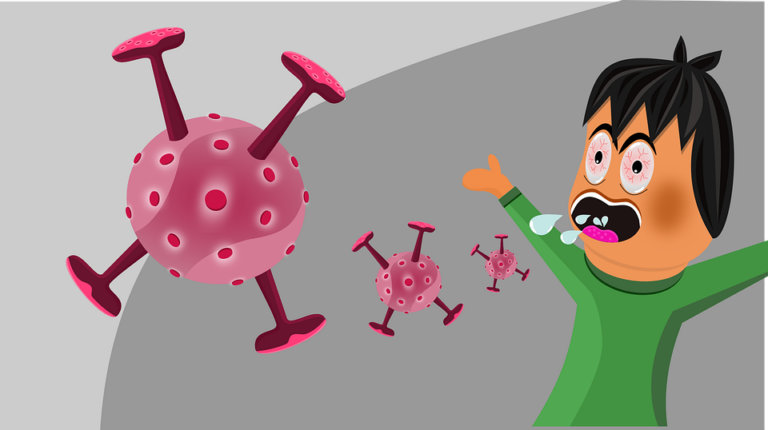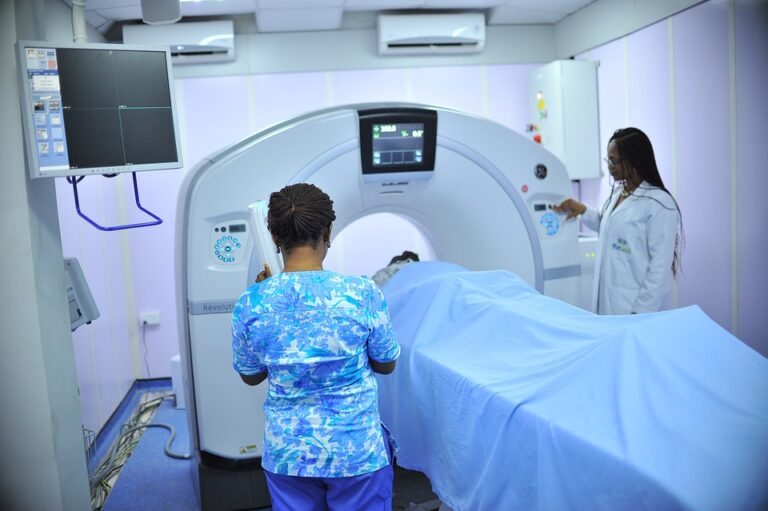Book Appointment Now

Education on Breastfeeding and Formula Feeding to New Parents
Ensuring that neonates receive proper nutrition in their first months of life is a vital role for pediatric nurses and midwives. This includes providing education on breastfeeding and formula feeding to new parents. The right information can significantly reduce the risk of neonatal undernourishment and ensure healthy development. Understanding the balance between breastfeeding and formula feeding is key for parents who may feel uncertain about their choices.
Do you need nursing paper writing help about breastfeeding and formula feeding? ![]()
The Importance of Neonatal Nutrition
Neonatal nutrition plays a critical role in the growth and development of newborns. Undernourished neonates are at higher risk for growth delays, weakened immune systems, and developmental issues. Therefore, healthcare professionals must offer clear guidance on how to provide adequate nourishment through breastfeeding or formula feeding.
Breastfeeding: The Optimal Choice for Neonates
According to pediatric nursing advice, breastfeeding is often considered the best source of nutrition for newborns. Breast milk contains all the essential nutrients needed for the growth and development of the baby. It also offers antibodies that help protect against infections. Education sessions for new parents and breastfeeding support must emphasize these benefits.
However, challenges such as latching difficulties or low milk supply can hinder breastfeeding. Midwives should provide practical assistance to help mothers overcome these obstacles. Educational tools like breastfeeding classes and one-on-one consultations can empower mothers to succeed in this critical task.
Formula Feeding: A Safe Alternative
While breastfeeding is optimal, formula feeding is a safe and reliable option for parents unable to breastfeed. Formula feeding for newborns ensures that the baby still receives vital nutrients. It is essential for midwives and nurses to educate parents on selecting the right formula and preparing it correctly to prevent any nutritional deficiencies or health issues.
Combining Breastfeeding and Formula for Neonatal Health
In some cases, education on breastfeeding and formula feeding as complementary methods can be the best approach. Many parents benefit from learning how to combine breastfeeding with formula to ensure their newborns receive enough nourishment. Nurses can create personalized feeding plans for families, helping them make informed decisions based on their unique needs.
Preventing Undernourishment in Neonates
Preventing undernourishment in neonates begins with educating parents on proper feeding techniques and ensuring they are comfortable with their chosen method. By understanding both breastfeeding and formula feeding options, parents are better equipped to meet their baby’s nutritional needs. Monitoring the baby’s growth and development in regular checkups is crucial to detecting any early signs of undernourishment.
Role of Pediatric Nurses and Midwives
Midwives and pediatric nurses are critical in supporting new parents through the feeding journey. Offering educational resources, emotional support, and follow-up care ensures that parents feel confident in their ability to nourish their newborns. Teaching parents about the signs of proper weight gain, hydration, and development is vital in avoiding potential issues.
Education on breastfeeding and formula is crucial in preventing undernourishment in neonates. Nurses and midwives must continue to support and educate new parents on their feeding options, ensuring that newborns receive the best possible care for healthy growth and development.
By providing comprehensive information and ongoing support, healthcare professionals can guide parents in making informed decisions, leading to healthier outcomes for their children.







